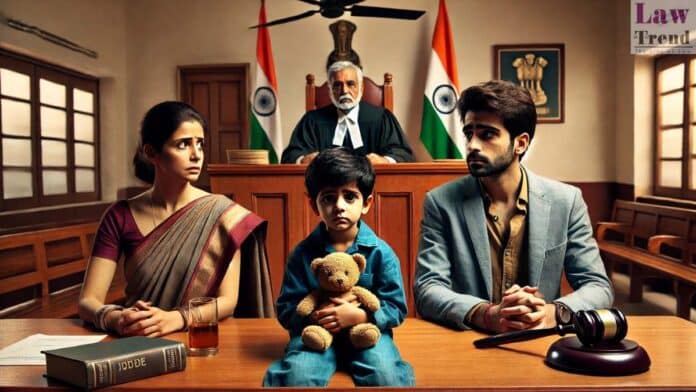The Supreme Court of India, in a judgment delivered on September 2, 2025, has granted a father the right to interact with his minor son, currently residing in Ireland with his mother, through video-conferencing. A bench comprising Justices Vikram Nath and Sandeep Mehta, while disposing of the father’s appeal, underscored that the primary consideration in
To Read More Please Subscribe to VIP Membership for Unlimited Access to All the Articles, Download Available Copies of Judgments/Order, Acess to Central/State Bare Acts, Advertisement Free Content, Access to More than 4000 Legal Drafts( Readymade Editable Formats of Suits, Petitions, Writs, Legal Notices, Divorce Petitions, 138 Notices, Bail Applications etc.) in Hindi and English.




